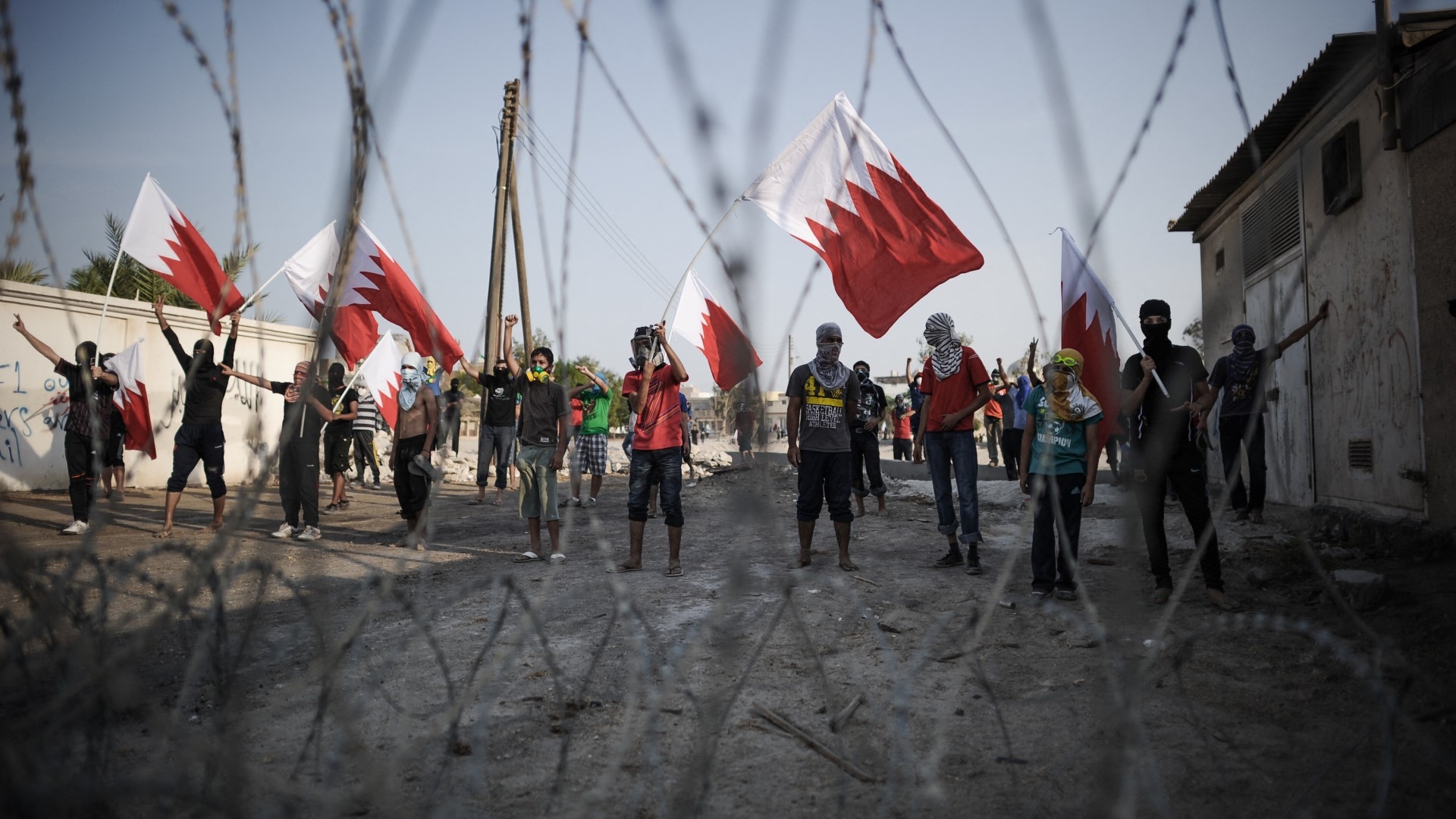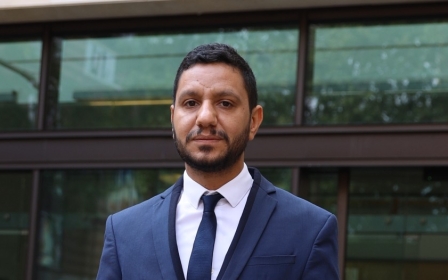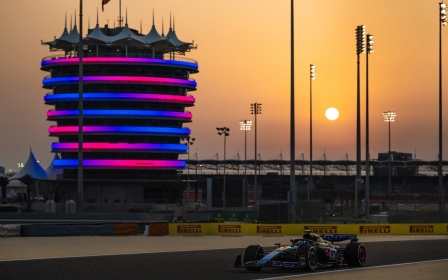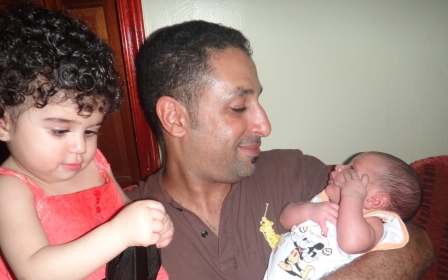Bahraini prisoners subjected to 'psychological torture' at Jau prison, says detainee

A detainee at Bahrain's Jau prison has revealed in an audio recording obtained by Middle East Eye grim conditions at the facility, including circumstances that amount to "psychological torture".
"Our situation is really bad now. Since yesterday morning, they cut off the electricity and all the means of life," the detainee, whose name is being withheld for safety reasons, said in an audio recording dating 17 July.
"The air conditioning is gone. We are now sitting in the heat and darkness. We even don’t have cold water."
The revelation comes as three United Nations experts have called on Bahrain to urgently address human rights violations at the same prison, the largest male detention facility in the country.
The detainee said that prison officials were denying prisoners certain meals in the day, and preventing them from drinking tea.
New MEE newsletter: Jerusalem Dispatch
Sign up to get the latest insights and analysis on Israel-Palestine, alongside Turkey Unpacked and other MEE newsletters
Jau Prison is frequently used to detain political prisoners in Bahrain, where freedom of expression is severely limited.
Alice Jill Edwards, the UN special rapporteur on torture, Michael Fakhri, the special rapporteur on the right to food, and Tlaleng Mofokeng, special rapporteur on living standards and mental health, co-signed a statement published on Thursday urging action from Manama.
“We have received worrying allegations that since March 2024, in response to protests by prisoners for better conditions, detainees held in some buildings of the prison are often being denied required medical care and do not have regular access to adequate food and safe drinking water,” they wrote.
“Particularly worrying are allegations that authorities have cut air conditioning, exposing prisoners to extreme heat, with temperatures [rising] to 50°C,” the UN experts said.
MEE understands that air conditioning has been restored in the facility, but lights are still not functional, leaving prisoners in the dark.
Mass protest by inmates
Detainees across five buildings in Jau Prison began a protest demanding better conditions after the death of political prisoner Husain Khalil Ibrahim on 25 March.
Bahraini authorities responded with harsh measures, including cutting electricity, drinking water and reducing meals.
Ali al-Hajee, a human rights defender and former political prisoner at Jau Prison, said: "Over 500 political prisoners are demanding their release and the improvement of their conditions. There are concerns that force may be used to disperse the strike."
Authorities are "punishing us and putting pressure on us and humiliating us, meaning we back down from all our demands," the unnamed detainee said in the recording.
"They came to torture us psychologically and to exhaust us with all the means available to them, and no one is holding them accountable."
The sister of a political prisoner currently on strike in Jau Prison told MEE on Friday that since protesting began in March, family visitations and phone calls have been suspended.
"My last visit to my brother at Jau Prison was in February," she said. "Our meetings with oversight bodies, including the National Institute for Human Rights and the Ombudsman, have resulted in unfulfilled promises."
She added that reports of cutting electricity, water, and reducing meals was "very hard to bare".
"There is no one in this country we can turn to in order to end this nightmare."
The UN experts said that the conditions at the facility could severely impact prisoners' mental and physical health, and may even prove to be fatal.
MEE has reached out to the Bahraini embassy in London for comment.
Sayed Ahmed Alwadaei, at the Bahrain Institute for Rights and Democracy (Bird), told MEE: "The Bahraini authorities are distorting reality, masking ongoing abuses of prisoners' basic rights.
"This must come to an end. Political prisoners should be freed, and their rights should be restored without reprisals."
Middle East Eye delivers independent and unrivalled coverage and analysis of the Middle East, North Africa and beyond. To learn more about republishing this content and the associated fees, please fill out this form. More about MEE can be found here.




